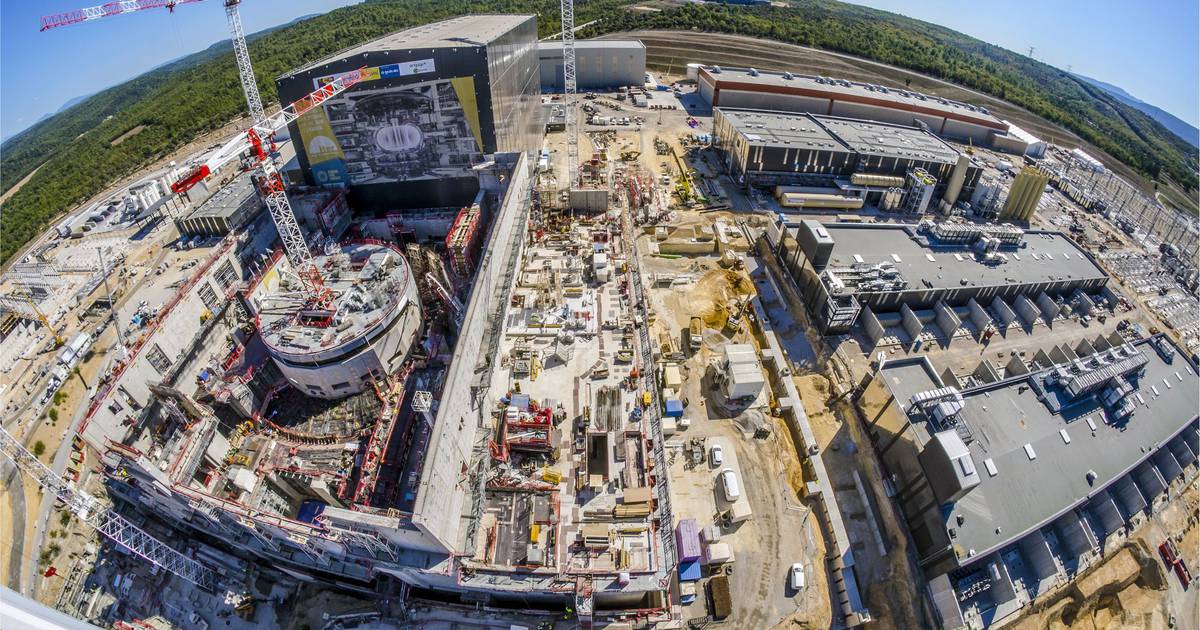The initial experimental phase of the ITER nuclear fusion reactor in France’s Saint-Paul-lez Durance is expected to be delayed until 2034, as announced by the project team. Due to the pandemic and problems with certain parts, the reactor’s launch date has been pushed back. Originally, ITER was supposed to be briefly launched in 2025 for testing at low energy levels. However, the new plan now envisions the first experimental phase in 2034, as engineers revealed on Wednesday.
The reactor will explore plasma from the beginning rather than starting with a ‘bare’ machine, as ITER director Pietro Barabaschi explained at a press conference on Wednesday. By altering the plans, the project aims to more effectively mitigate risks in pursuing its goals. ITER’s ultimate objective is to produce energy through the fusion of hydrogen atoms, simulating the processes that occur on the Sun. To achieve this, the hydrogen plasma must be heated to 150 million degrees Celsius, with the reactor eventually producing ten times more energy than it consumes.
The collaborative project involves the European Union, the United States, Russia, China, India, Japan, and South Korea. Initiated in 2010, the project’s estimated cost exceeds 20 billion euros. Supporters of ITER believe that nuclear fusion could provide a climate-friendly and virtually unlimited energy source. However, critics argue that ITER is overshadowing the potential of renewable energy sources.
Experts involved in the ITER project stress that the delays should not come as a surprise given the impact of the pandemic and issues with parts quality. Many critical components would not have been available by 2025, the original start date of the reactor. The change in plans is expected to entail additional costs amounting to several billion euros.
